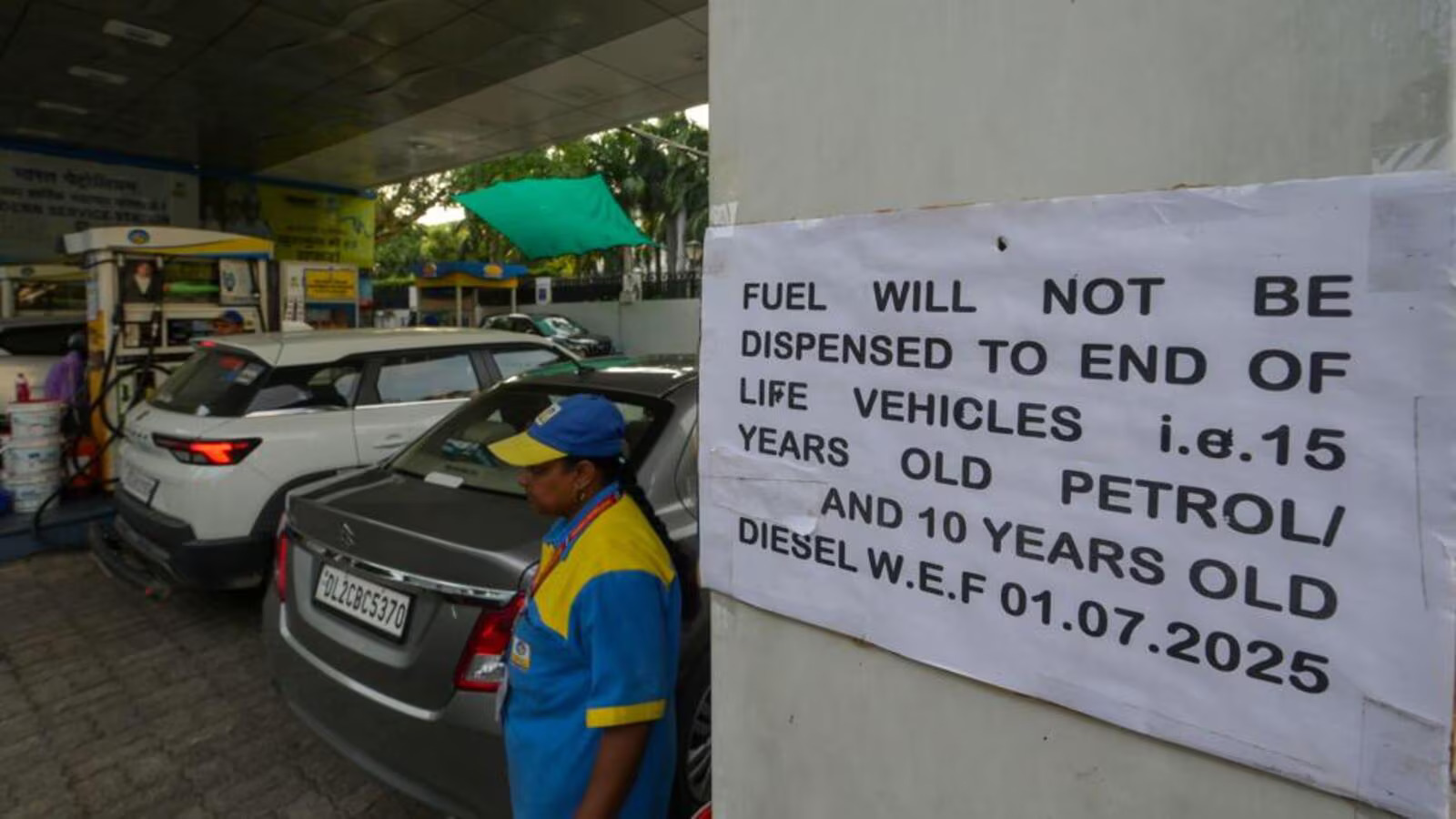Delhi’s government will approach the Supreme Court to seek uniformity in the refuelling ban on end‑of‑life vehicles (ELVs), amid enforcement difficulties that have sparked commuter concerns. The policy, introduced by the Commission for Air Quality Management (CAQM), halts diesel fuelling for vehicles over ten years old and petrol fuelling for those above fifteen years. However, with neighbouring regions still operating under older guidelines, Delhiites are reportedly resorting to cross-border refuelling.
In a government statement, the Chief Minister said the “piecemeal restriction” has led to enforcement problems. Exclusive enforcement in Delhi has merely shifted the issue without delivering significant improvements in air quality. The government intends to petition the Supreme Court, urging that ELV regulations be enforced consistently across the National Capital Region (NCR), thereby reducing inequity and inconvenience. Recent data suggests over 80,000 vehicles have already been scrapped in Delhi since the programme’s inception. Officials highlighted a lack of adequate infrastructure—such as cameras and monitoring systems—that has hampered effective policy deployment. Delhi’s Environment Minister confirmed receipt of the Lieutenant Governor’s (LG) five-point recommendation, of which placing the fuel ban review on hold until wider NCR alignment was one. Other proposals involve formal representations to the CAQM and the Ministry of Roads & Highways, and the filing of a review petition in the Supreme Court detailing pollution control measures instituted over the past four months.
The CAQM directive, issued in April, slated July 1 for fuel denial in Delhi, with a phased roll-out across Gurugram, Faridabad, Ghaziabad, Gautam Buddh Nagar, and Sonipat by November 1, and full NCR compliance by April 1, 2026. Though mandatory compliance in Delhi was deferred pending NCR-wide readiness, the ban technically remains in force. Environmental experts commend the Delhi government’s move to pursue judicial clarification, describing it as a “well-judged step”. They warn, however, that without simultaneous policy application across NCR, the ban could incentivise commuters to re-register vehicles in nearby jurisdictions, undermining its intended emission reductions.
Delhi’s Supreme Court petition is expected within the coming week, aiming to reassess ELV enforcement in light of both public inconvenience and Delhi’s improved pollution metrics. Legal analysts indicate the case could set a precedent for harmonised environmental policies in multi-state urban regions facing transboundary air quality challenges.
Also Read : Mumbai Faces Weeklong Rainy Spell With Yellow Alert And Flood Warnings



